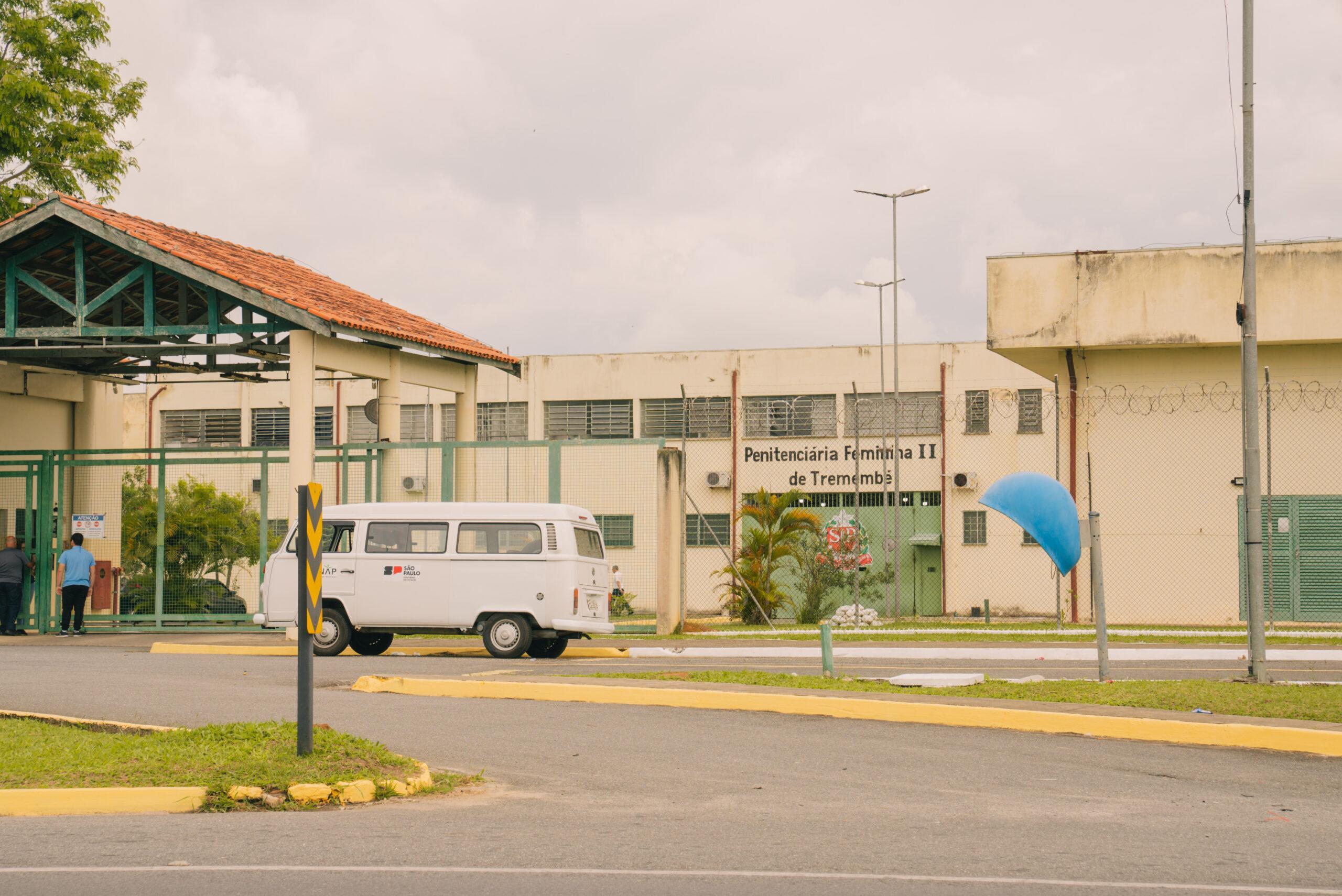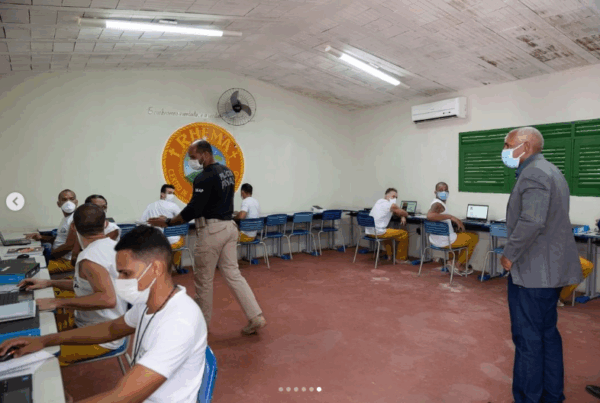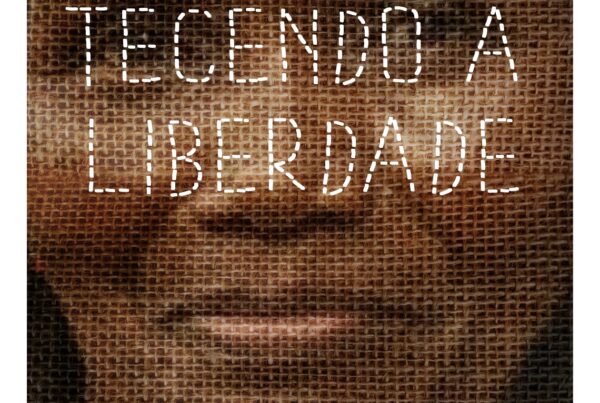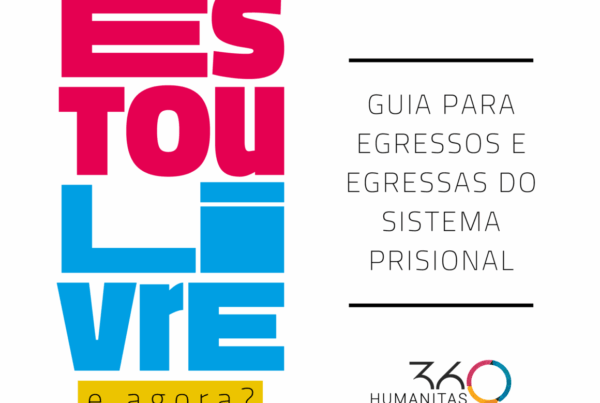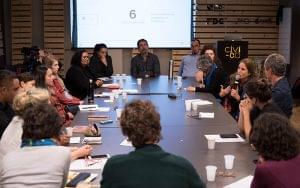The first article of the Brazilian Constitution of 1988 states that citizenship is one of the foundations of the Republic and of the Democratic State. Much leaner and older, the American Constitution, created in 1789, originally only had seven articles dedicated to organizing the three branches of government and the relationship between the union and the states. The constitution was revised only three years later, when the Bill of Rights was created and amended to it. The bill aimed at protecting citizens’ rights, ensuring individual freedoms and restricting the power of the State.
Constitutions of different countries in the Americas, such as the ones from Colombia (1991) and Ecuador (2008), made more strides towards the protection of citizens’ rights. Both constitutions recognize the legitimacy of each ethnicity that comprises their social fabric, defining mechanisms of integration of indigenous populations in society through processes of democratic participation, and the insertion of native practices and values into everyday life.
However, the recent history of the American continent shows that constitutional law is insufficient to ensure the defense of democracy, the rule of law and the well-being of the population. Latin American societies have the tendency of treating the law as a panacea: between 1978 and 2012 alone, 18 countries in the region rewrote their Magna Carta. The Humanitas360 Institute believes that only through active citizenship, not only visible during electoral processes and official instances (such as councils and public hearings), but in all spaces of social life, we must sustain democracy, seek social justice and build peace in our societies.



